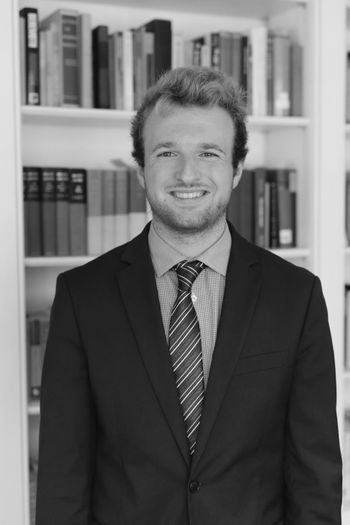Job applicants required to explain how they would tackle 'systemic racism' at Western Oregon
Many Western Oregon University open positions, such as those related to acting faculty and assistant athletic director, require responses in the form of diversity statements.
'Explain how you see yourself contributing to WOU’s work on advancing racial equity and eliminating systemic racism,' one prompt reads.
Western Oregon University in Monmouth, Oregon, is requiring some faculty and staff job applicants to provide diversity statements and answer questions about their commitments to Diversity, Equity, and Inclusion (DEI) principles.
“Explain how you see yourself contributing to WOU’s work on advancing racial equity and eliminating systemic racism,” one prompt says. “How would you demonstrate a commitment to diversity across the WOU campus, that values all individuals and respects differences in regard to race, ethnicity, age, gender identity and expression, sexual orientation, religion, disability and socio-economic circumstance?” another asks.
[RELATED: NYU willing to pay up to $275k for prof with ‘racism and inequality’ expertise]
The final prompt requires applicants to get specific on where they think colleges and universities need to improve on DEI. “Identify at minimum,” it says, “one (1) inequity in higher education that you believe needs to be addressed and how you will address that inequity as an employee of WOU.”
The questions are a mandatory part of the job-seeking process for several positions currently listed as open on the school’s Human Resources page. These include faculty positions in occupational therapy, acting, and scenic design.
Some staff positions, including assistant athletic director, writing center director, and director of institutional research, also require diversity statements.
Other open positions don’t mandate the questions but do have other DEI requirements. For instance, working as a child care educator “requires engagement in continual learning in anti-racism, equity, diversity, inclusion and outreach in order to cultivate equitable practices.”
[RELATED: Crenshaw proposes bill to end funding for schools with mandatory DEI statements]
Several states this year have taken steps to eliminate DEI-based statements from hiring practices, including Kansas and Iowa. Federal agencies such as the National Institutes of Health, on the other hand, have displayed preferential treatment for schools that mandate diversity statements in the grant-making process.
On June 3, the Harvard Faculty of Arts and Sciences also got rid of its diversity statement requirement in part for being “too narrow.”
Campus Reform has contacted Western Oregon University for comment. This article will be updated accordingly.

